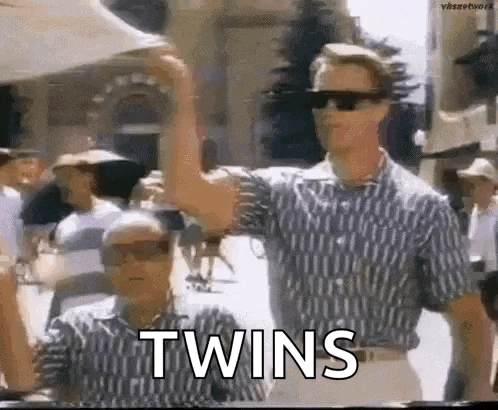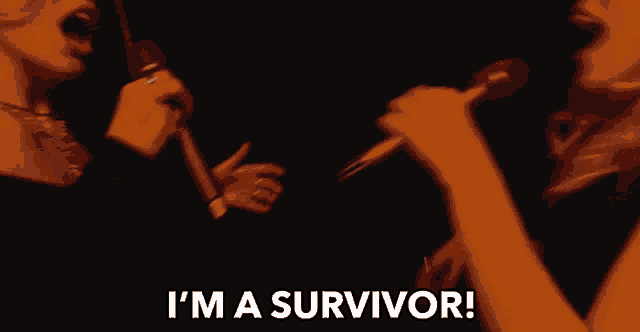Let’s be honest—most of us have had enough of lectures from the rich and beautiful of Hollywood during their moments of triumph. It’s easy to tune out when a victory speech veers into self-righteous territory or feels disconnected from reality.
But every so often, one of these speeches transcends the usual clichés and hits home with a message that’s not only powerful but has earned its bona fides through meaningful action. These rare moments remind us of the potential impact a public platform can have when used wisely.
Such was the case when Sebastian Stan took the stage at the Golden Globes. After winning Best Male Actor in a Motion Picture – Musical or Comedy for A Different Man, Stan used his moment in the spotlight to issue a heartfelt plea for greater representation and acceptance of disability and disfigurement, both in Hollywood and beyond. It was a moment that proved, once again, why so many “Stan” Sebastian Stan—not just for his talent, but for his willingness to stand up for what matters.
A speech with substance
Stan began by sharing the award with his collaborators, Aaron Schimberg and Adam Pearson, expressing gratitude for their trust in tackling such a challenging story. But his speech quickly shifted into a powerful call to action.
"Our ignorance and discomfort around disability and disfigurement has to end now."
— Sebastian Stan
“We have to normalize it and continue to expose ourselves to it and our children. Encourage acceptance. One way we can do that is by continuing to champion stories that are inclusive,” Stan added.
@cbs Sebastian Stan delivers a powerful message while accepting the award for #BestMaleActorMotionPicture 👏 #GoldenGlobes #CBS #Awards #AwardShow #SebastianStan #ADifferentMan ♬ original sound - CBS
Stan’s words carried weight because they were backed by action. His performance in A Different Man as Edward—a man with neurofibromatosis (NF1)—was a nuanced portrayal of identity and self-perception. Adding authenticity to the story was Adam Pearson, a real-life actor living with NF1, whose presence in the film grounded the film in reality.
Disability in Hollywood: progress and pitfalls
Hollywood has made some strides toward better representation, but the journey is far from over. Stan’s plea comes amid a slow cultural shift, where authentic casting is gaining more traction. Adam Pearson’s performance in A Different Man follows a lineage of groundbreaking moments in disability representation on screen and stage.
RJ Mitte, who has cerebral palsy, broke barriers with his portrayal of Walt Jr. on Breaking Bad, bringing authentic visibility to a condition often overlooked. Ali Stroker, a wheelchair user, made history as the first actor with a disability to win a Tony Award, wowing audiences with her unforgettable performance in Oklahoma!. And Marissa Bode, born with spina bifida, brought her powerful voice and authentic perspective to the role of Nessarose in the smash-hit film adaptation of Wicked. These performances aren’t just milestones—they are vital steps toward normalizing disability and empowering diverse storytellers to take center stage.
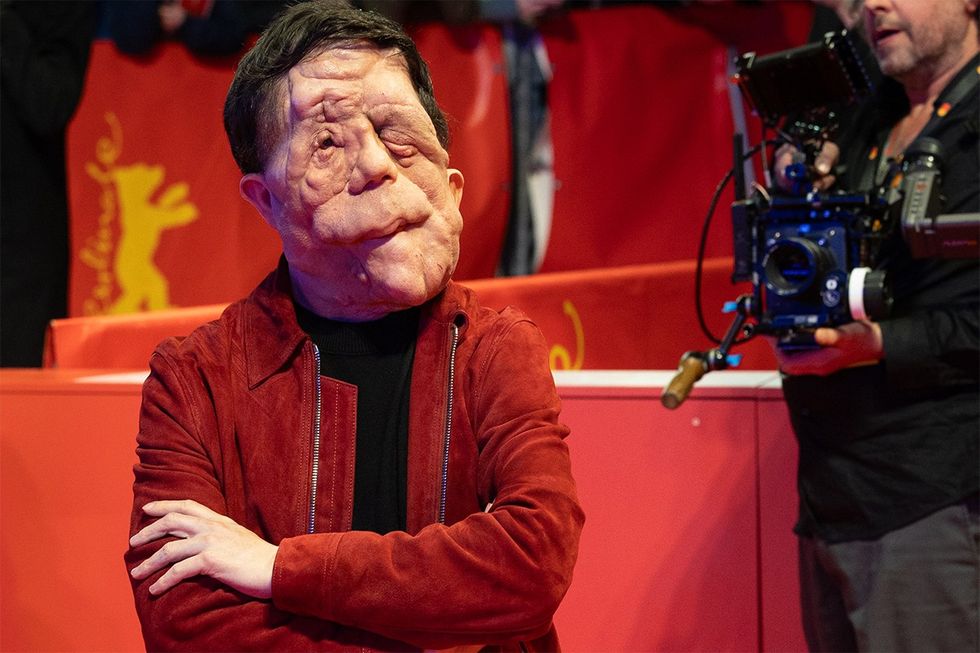
Despite these gains, many disability advocates argue that Hollywood still has a long way to go. Too often, characters with disabilities are played by able-bodied actors, perpetuating stereotypes or missing the chance to provide authentic representation.
"These films are real, and they’re necessary. And we can’t be afraid and look away."
— Sebastian Stan
For Stan, stories like A Different Man represent a crucial step forward.
Neurofibromatosis and the realities behind the screen
Neurofibromatosis type 1 (NF1) is a genetic condition that affects over 2.5 million people worldwide. It can cause visible tumors, skin changes, and in some cases, facial disfigurement. Additionally, NF1 is associated with a broader spectrum of challenges, including learning disabilities, chronic pain, and the growth of internal tumors that may affect organ function. While A Different Man doesn’t mention NF1 by name, its portrayal of Edward draws attention to the condition and the experiences of those living with it. Organizations like the Children’s Tumor Foundation (CTF) have worked tirelessly to raise awareness about NF1 and advance research for treatments. The foundation has noted that while Hollywood often dramatizes conditions like NF1, it’s essential to distinguish fiction from reality.
The inclusion of Adam Pearson in the cast has been praised for its authenticity. Pearson, who has long advocated for disability awareness, brings an undeniable depth to the film. However, some in the NF community have expressed mixed feelings about the movie’s dark tone and its fictional “treatment” for disfigurement.
Beyond the podium
Stan’s speech wasn’t the only buzzworthy moment of the night. During a post-win interview, Anthony Mackie—Stan’s Marvel co-star—crashed the conversation with his signature humor. Mackie grabbed the microphone, declared “We won!” and kept the interview lighthearted, balancing the seriousness of the evening with camaraderie.
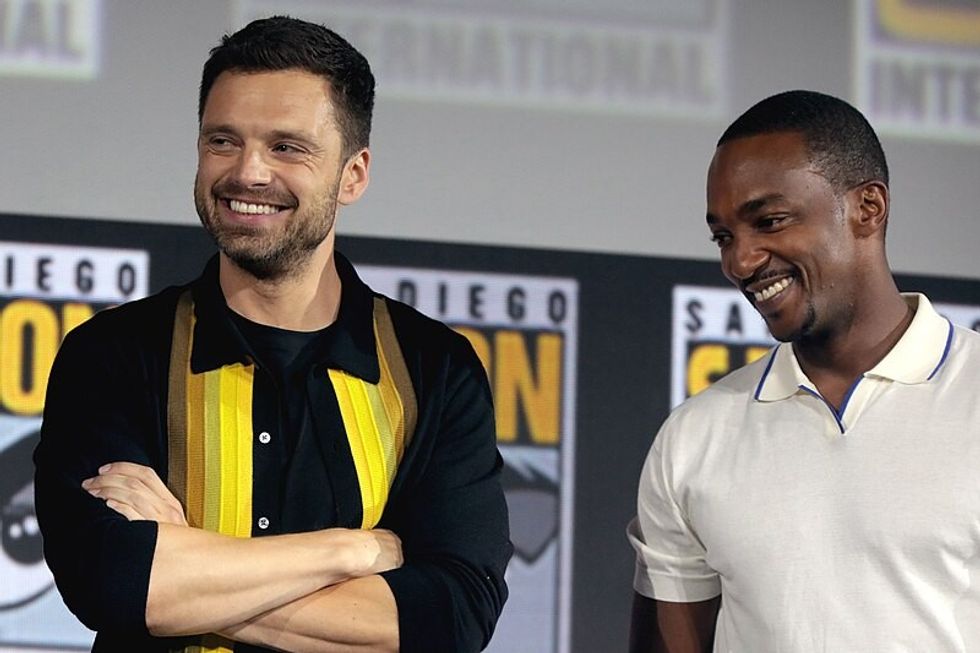
Their playful exchange highlighted the bond between the two actors, but the core message of the night remained Stan’s: Hollywood must do more to champion underrepresented stories and embrace authentic voices.
A call for action and understanding
Stan’s words resonated far beyond the room, sparking conversations about how Hollywood can better reflect the diverse world we live in. Films like A Different Man remind us that representation matters—not just for visibility, but for fostering empathy and understanding.
For those looking to learn more or support the cause, the Children’s Tumor Foundation offers a wealth of resources about NF1 and ongoing research. By amplifying voices like Adam Pearson’s and advocating for stories that break down stereotypes, we can take meaningful steps toward a more inclusive future.
As Stan urged, “We can’t be afraid and look away.”





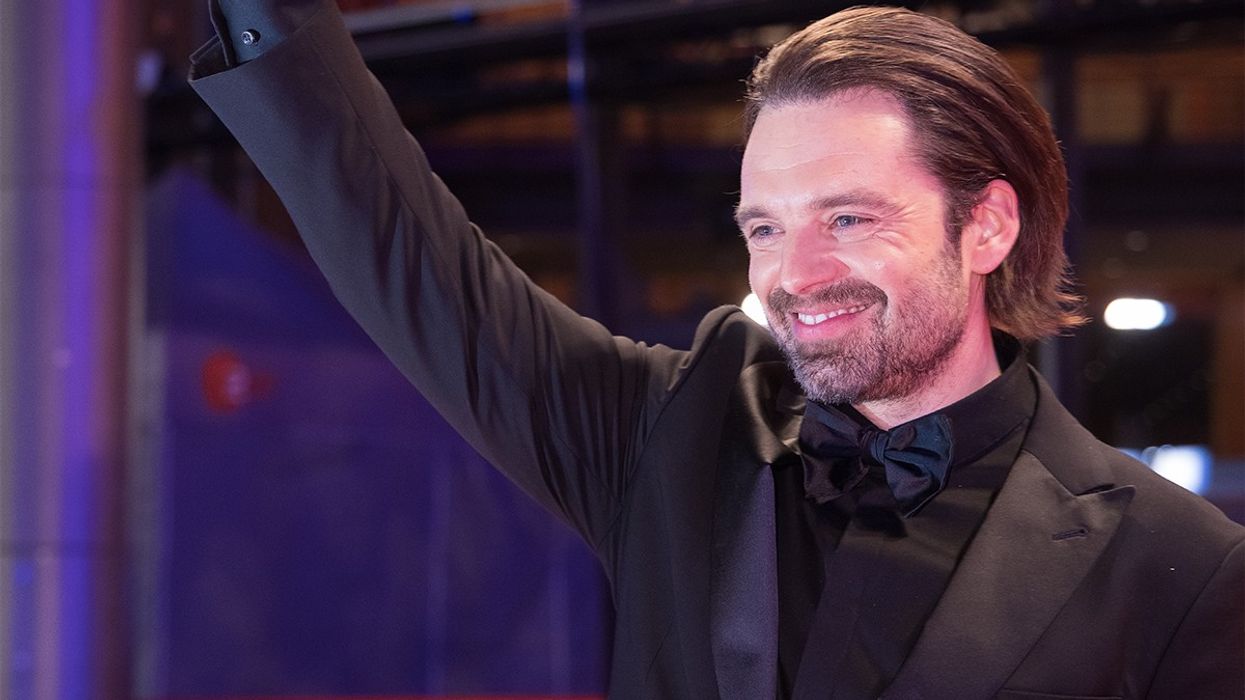






 It wasn't even February, so she wasn't expecting what came next.
It wasn't even February, so she wasn't expecting what came next.  The hug came first, the 'yes' took a few moments more.
The hug came first, the 'yes' took a few moments more. 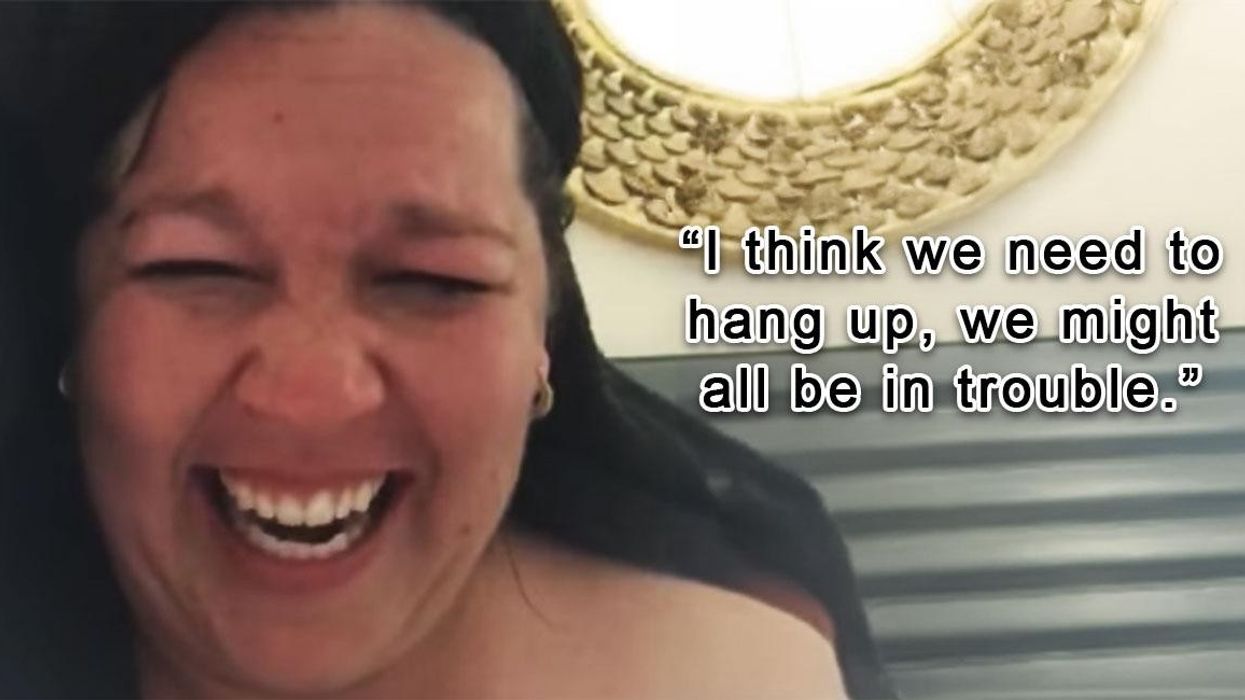
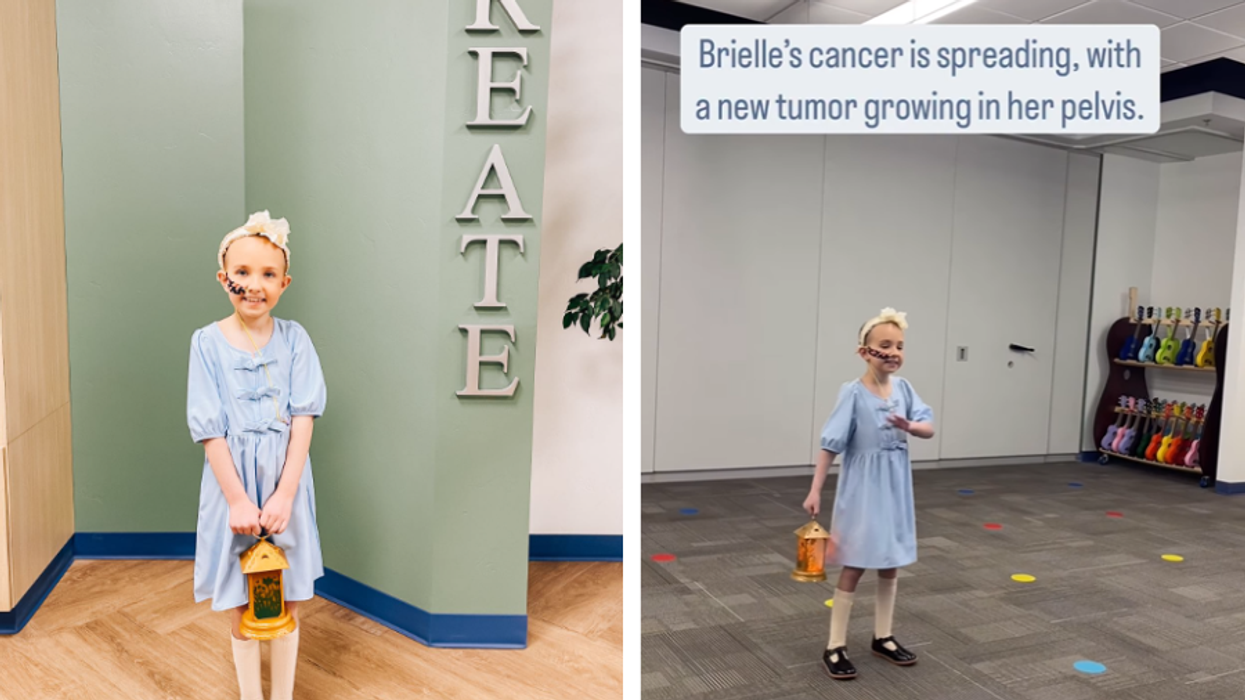




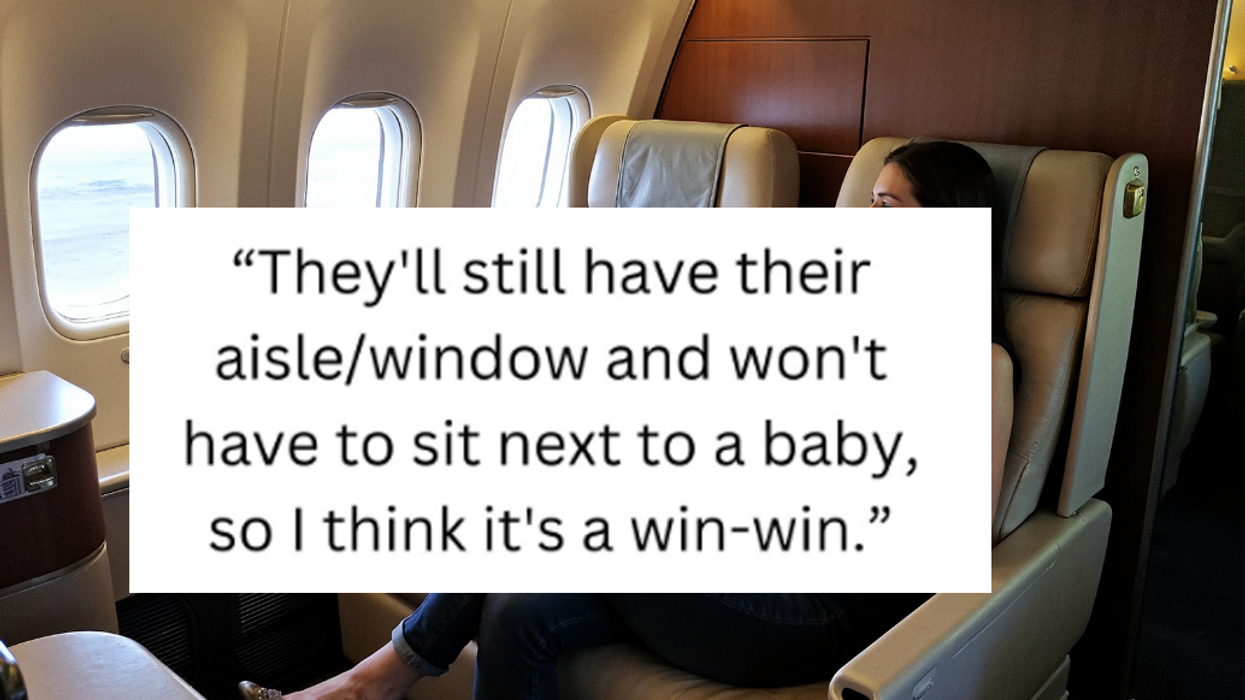
 Representative Image Source: Pexels | Oleksandr P
Representative Image Source: Pexels | Oleksandr P  Layout of the plane seatsImage Source: Mumsnet |
Layout of the plane seatsImage Source: Mumsnet | 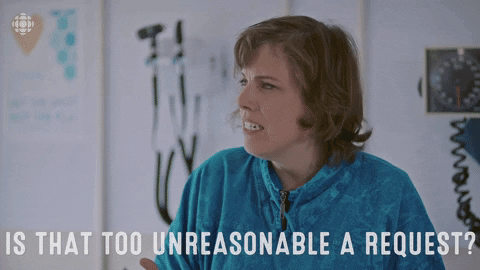
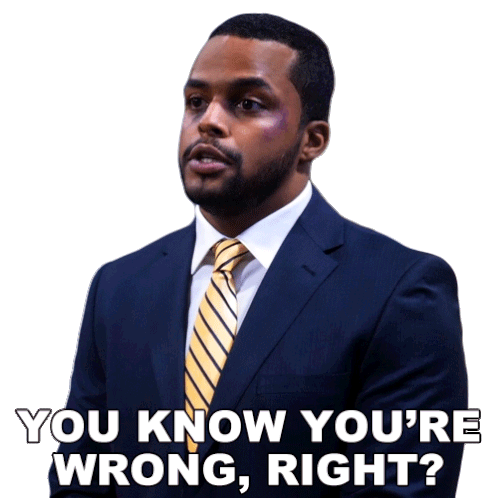
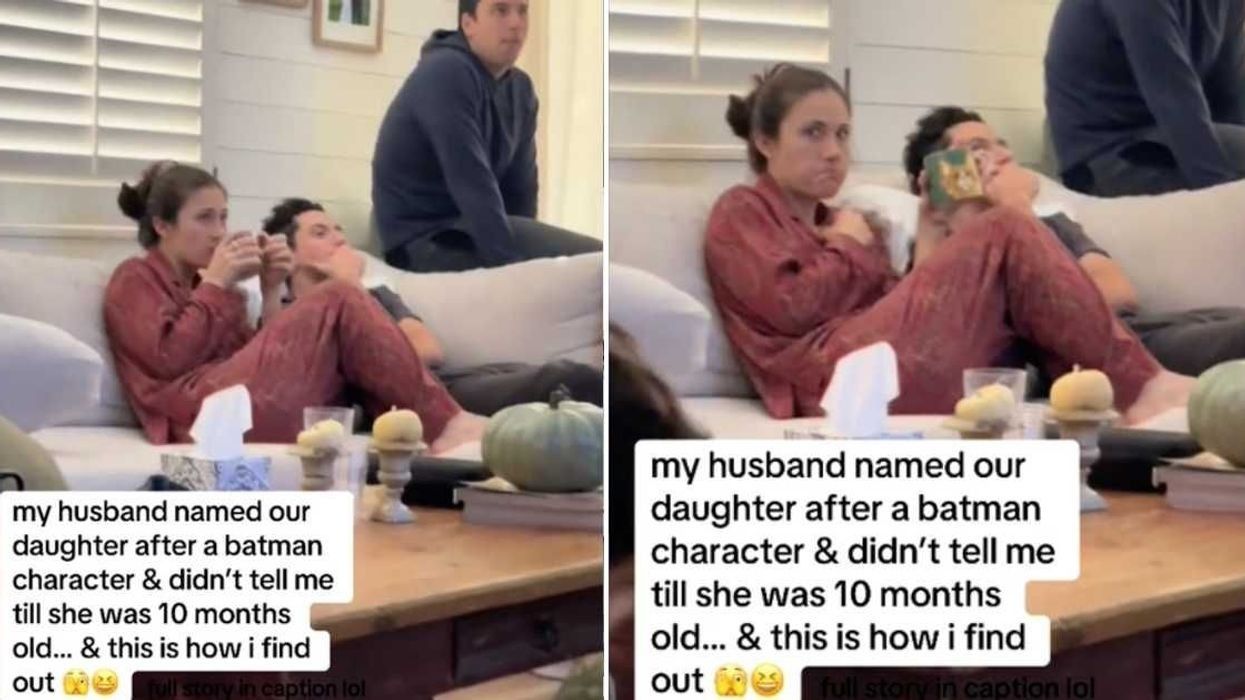
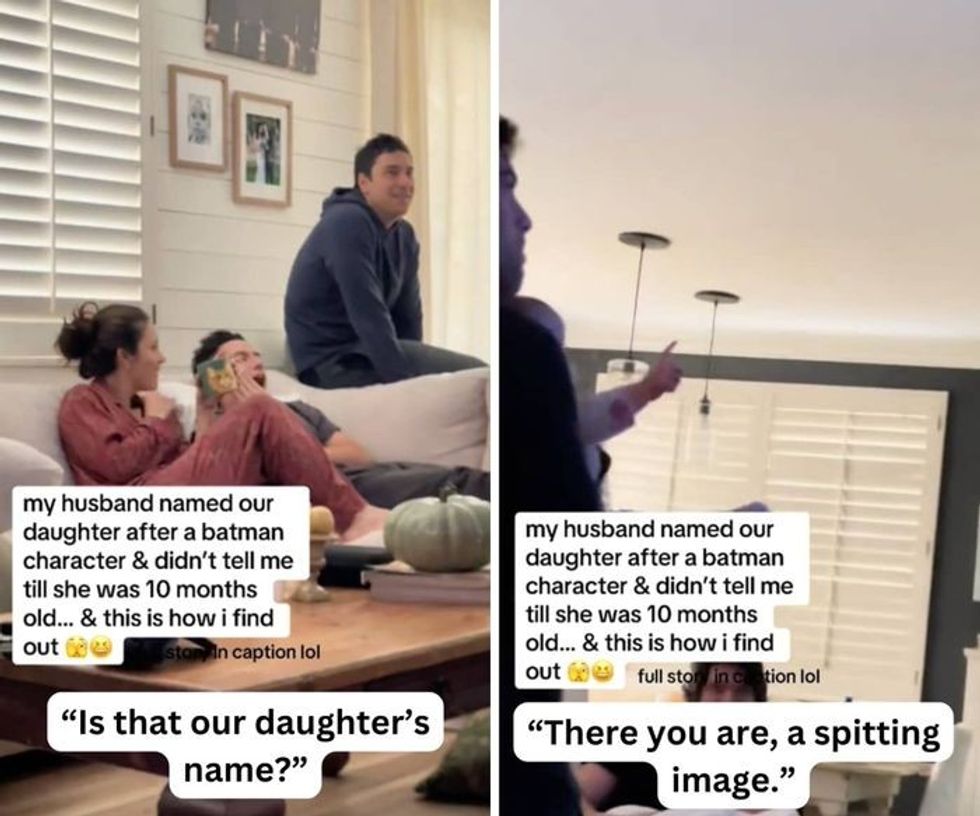
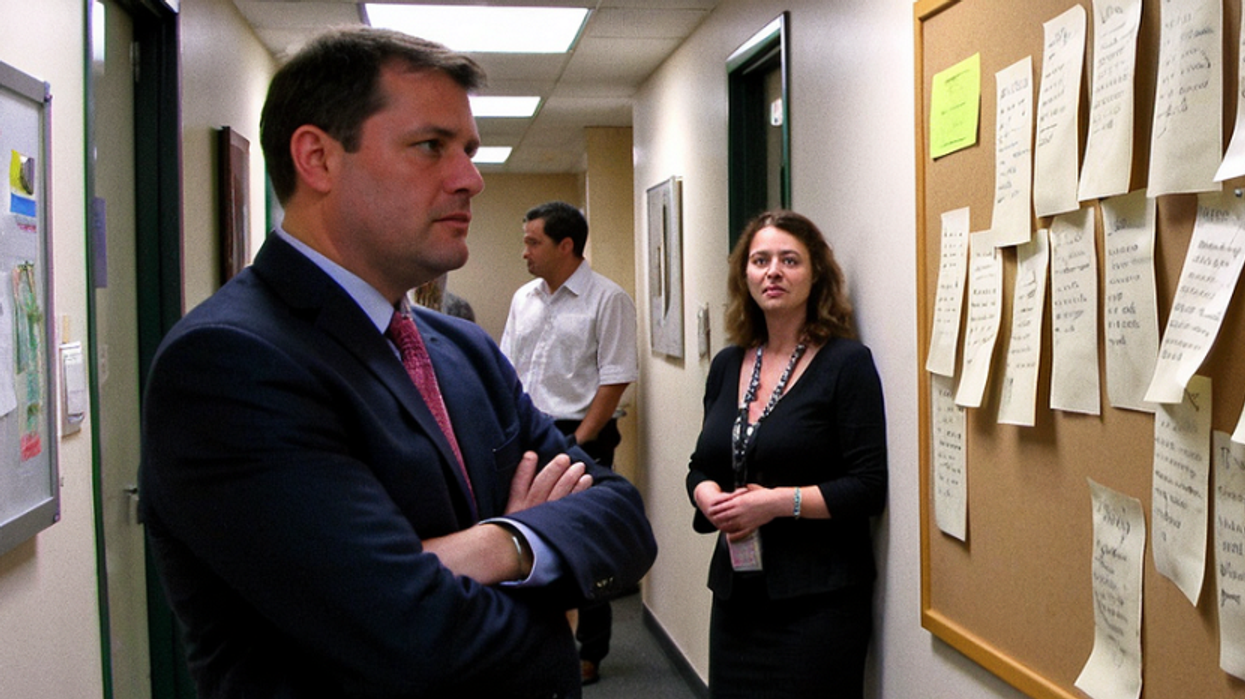
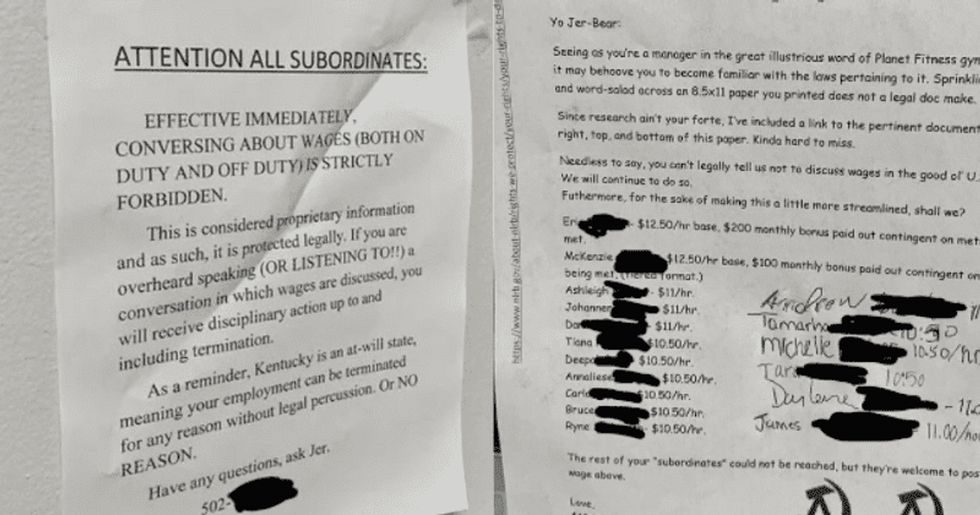 Image Source: Joshua Potash | Reddit
Image Source: Joshua Potash | Reddit 
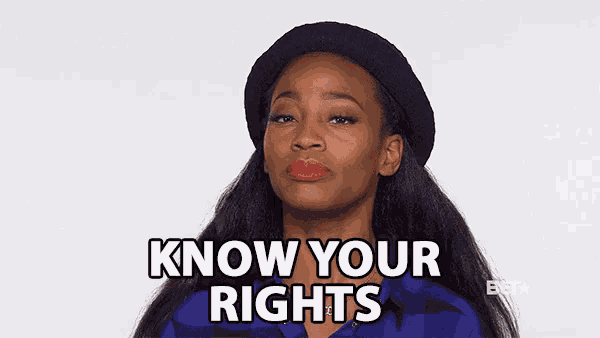


 Representative photo by luis arias |
Representative photo by luis arias | 
 Representative photo by Jamie Lee |
Representative photo by Jamie Lee | 